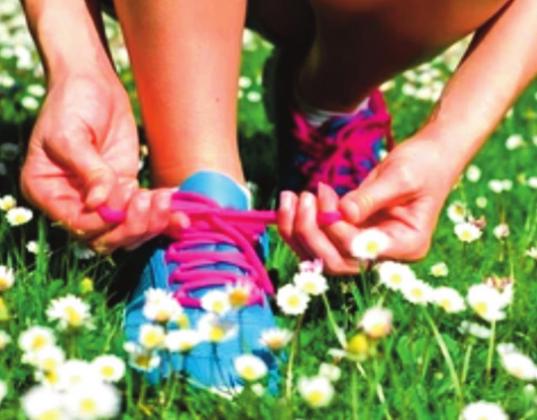Any school break can be a training challenge for high school athletes, but summer has unique issues.
Not only is the time off from school and practice longer
than at other breaks, but summer heat also adds a formidable risk factor.
Unquestionably, consistent conditioning is vital for athletes to maintain competitive fitness. The risk of injury increases when lengthy summer downtime leads to a mad dash preparation for fall sports. On the other hand, summer break offers young athletes an opportunity to rest and rejuvenate—both physically and mentally. Extended, rigorous routines can breed boredom and burnout.
Striking a balance is important and ideally, workouts will include training for strength and flexibility while focusing on building sport-specific skills, but it is important to remember that “all this hard work and sweat may be worthless or not fully realized unless athletes fuel their body with good nutrients and give it proper rest and recovery.
Nutrition and sleep are the cornerstones of recovery.
In terms of nutrition, putting the rights foods in the body and in the right amounts at the right time are critical. The concept of timing of intake, particularly those who are engaged in heavy training, or several activities is vital. The importance of hydration during the hot summer months is also of extreme importance.
As for sleep, it is recommended that high school athletes get 8-10 hours of sleep per night. Improving sleep can involve establishing a consistent sleep and wake schedule (even on weekends); create a sleep-conducive bedroom that is dark, quiet, comfortable and cool; sleep on comfortable mattress and pillows; turn off gadgets at bedtime (avoid watching TV, using a computer or cell phone; and avoid caffeine.
Of great concern is the need for hydration. Summer heat and humidity speed the body’s rate of dehydration, with potentially life-threatening consequences. Athletes need to drink plenty of water before, during and after workouts. Water with added electrolytes can be conducive and avoid sugary drinks.
Athletes should talk to coaches about an individualized workout plan tailored to their training needs and summer schedule. Incorporate “portable fitness” into a family vacation with opportunities for walking, jogging, biking and swimming.
Athletes can cut back on sport-specific training for up to two weeks, provided they remain active. Look for hotels and community centers with exercise equipment while on the road. In addition, many colleges and athletic organizations offer summer sports camps.
With some forethought and planning, summer can be a break from routine while providing ample opportunity for high school athletes to stay in shape.

